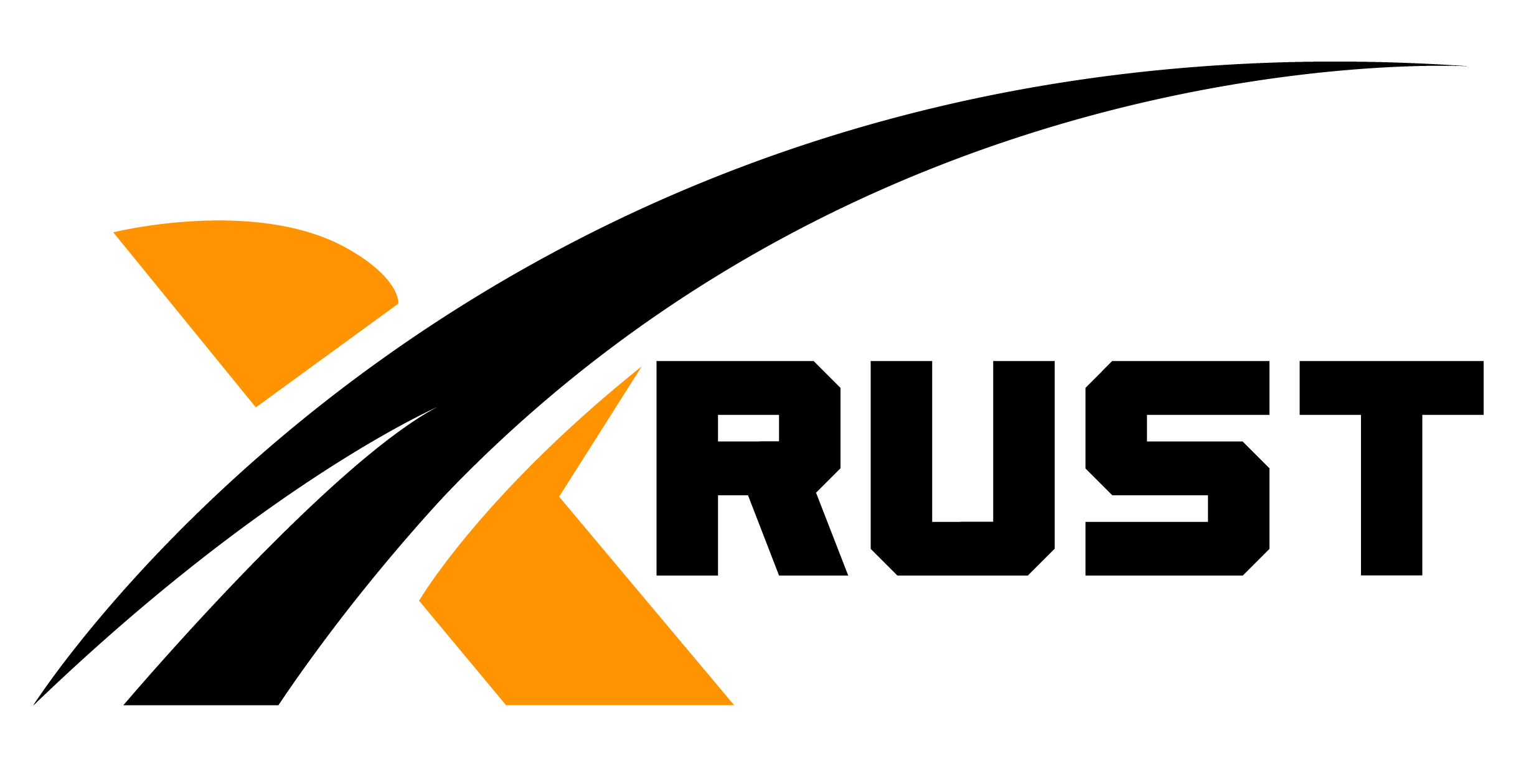
In the modern world, leadership plays an important role in any field of activity. Being a leader means influencing others, being able to communicate effectively and inspiring others to achieve common goals. In this article, we will look at the key aspects of developing leadership skills that will help you become a successful leader.
1. Self-knowledge and self-reflection
To become an effective leader, you need to know yourself well, your strengths, weaknesses and motives. Ask yourself questions regularly: what motivates me, what are my values, how do I respond to stress and conflict? The answers to these questions will help you better understand yourself and identify the areas in which you need to work.
2. Effective communication
The ability to listen and speak in order to be understood is one of the basic skills of a leader. Develop active listening skills, the ability to ask questions and formulate your thoughts clearly and concisely. Such communication will help you build trust and cooperation with colleagues and partners.
3. Emotional Intelligence
Leaders with a high level of emotional intelligence find it easier to get along with people, empathize with their problems and understand their needs. Work on your emotions, learn to recognize and manage them, and develop empathy and conflict resolution skills.
4. Time and Priority Management
A good leader knows how to set priorities, distribute tasks competently and use time efficiently. Develop your time management system, including planning, delegation and prioritization, to achieve maximum results with minimum resources.
5. The ability to motivate and inspire
Leaders must be able to motivate their team, stimulate them to achieve goals and inspire them to succeed. Practice rewarding skills, demonstrate your faith in the team, and celebrate employee accomplishments. It is also important to set clear and realistic goals that will help the team be result-oriented.
6. Team Development
Leaders must constantly work on the development of their team, teach them new things and help them grow professionally. Hold regular meetings and learning sessions, share experiences and knowledge, and create an atmosphere of continuous learning.
7. Decision Making and Problem Solving
Leaders must be able to make complex decisions and solve problems under conditions of uncertainty. Develop decision-making strategies based on data analysis, intuition and common sense, and be able to adapt to changing circumstances.
8. Feedback and self-criticism
Successful leaders are willing to take feedback and criticism and use it to improve their skills and behavior. Be open to new ideas, critically evaluate your actions and try to learn from your mistakes.
Developing leadership skills takes time, effort and patience. However, by following these guidelines, you can become a successful leader who is able to communicate effectively and inspire your team to achieve common goals. Do not be afraid to make mistakes and keep working on yourself — your success will only be a matter of time.
- Если Вам понравилась статья, рекомендуем почитать
- How to get rid of fat on your stomach without exercises and diets
- How to send an encrypted letter with Android









